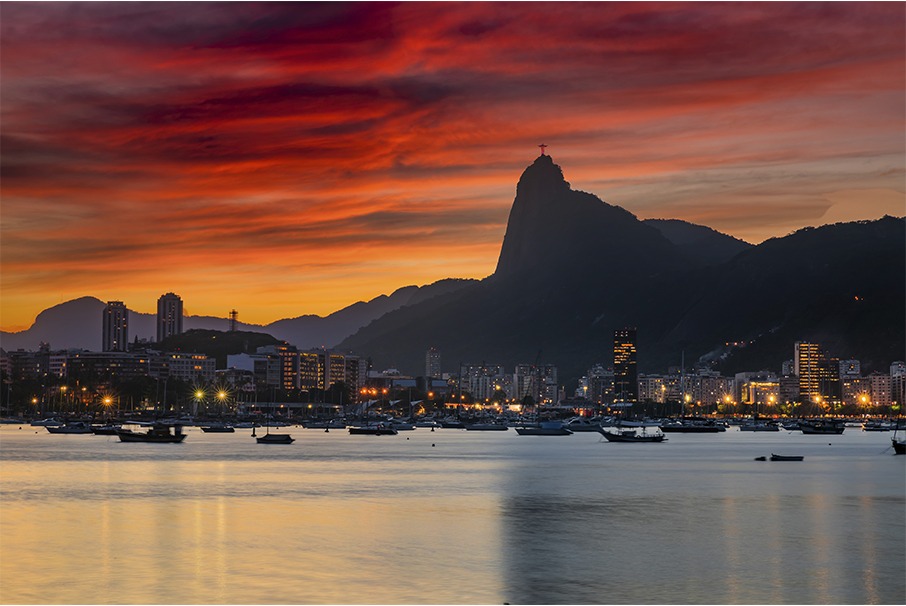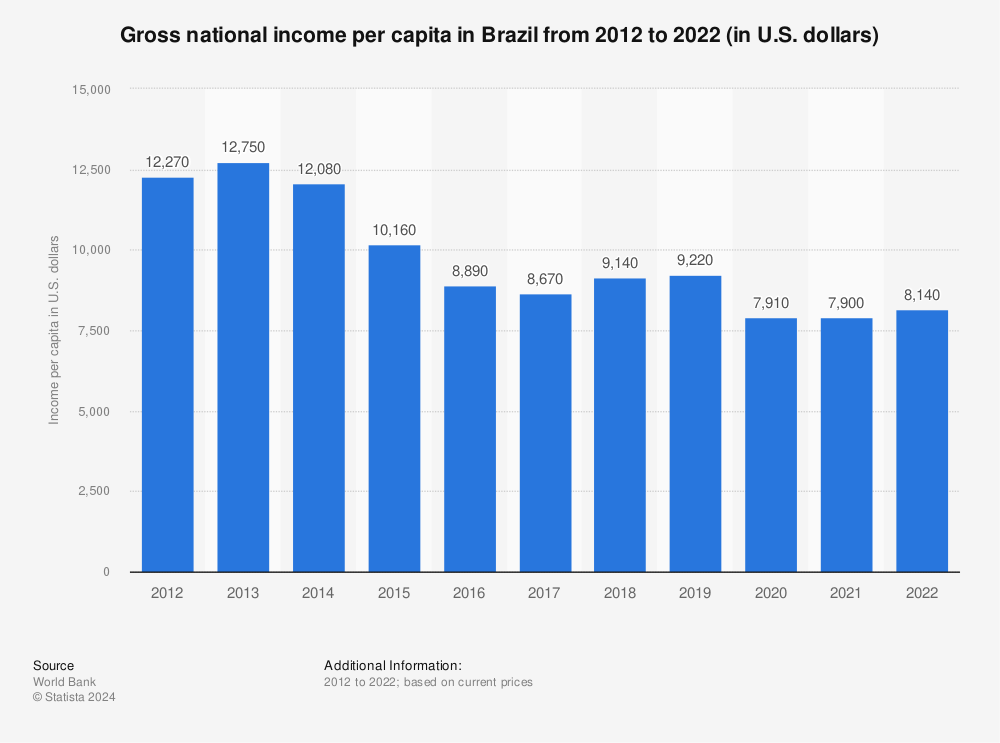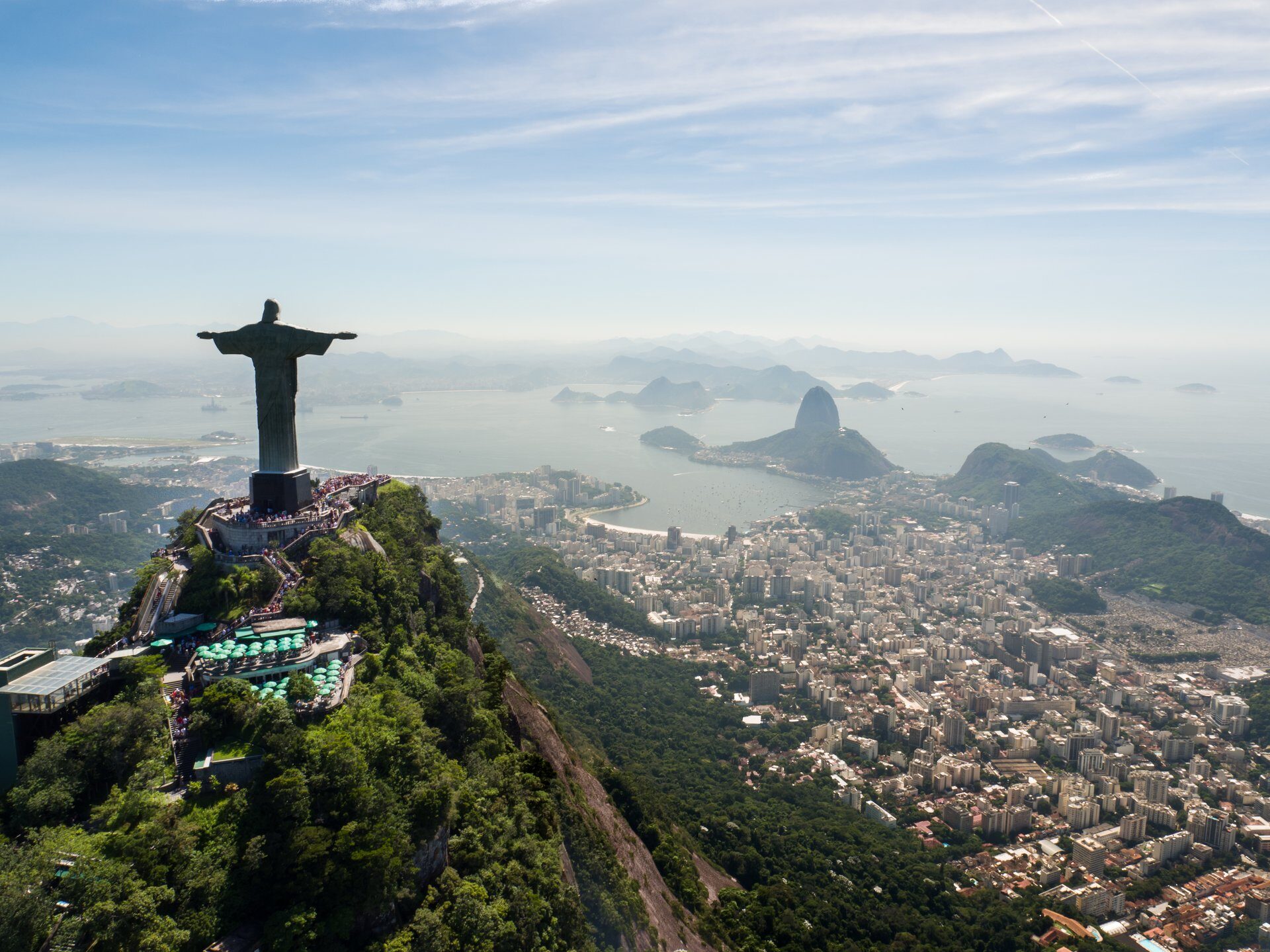What are the disadvantages of living in Brazil?

When considering a move to Brazil, it's important to weigh the pros and cons of living in this vibrant South American country. While there are certainly many advantages to living in Brazil, such as its beautiful beaches, diverse culture, and delicious food, there are also a number of disadvantages to keep in mind.
One of the main disadvantages of living in Brazil is the high crime rate. Brazil has long struggled with issues of crime and violence, and certain cities in the country are known to be particularly dangerous. In fact, Brazil has one of the highest homicide rates in the world, with violence and theft being common concerns for residents.
Another disadvantage of living in Brazil is the country's struggling economy. Brazil has faced economic challenges in recent years, including high inflation, unemployment, and political instability. This can make it difficult for residents to find stable employment and make a comfortable living.
In addition, Brazil's healthcare system is often cited as a disadvantage of living in the country. While Brazil does have a public healthcare system, it can be overburdened and underfunded, leading to long wait times and subpar care in some cases. Private healthcare is available, but it can be expensive and out of reach for many Brazilians.
Infrastructure is another issue in Brazil, with outdated roads, public transportation, and utilities causing frustration for residents. Traffic congestion is a common problem in cities like São Paulo and Rio de Janeiro, and public transportation systems can be unreliable and inefficient. In addition, access to clean water and reliable electricity can be a challenge in some parts of the country.
Lastly, living in Brazil may also come with cultural challenges for expats. Portuguese is the official language of Brazil, and while English is spoken in some tourist areas, many Brazilians do not speak fluent English. This can make communication difficult for foreigners living in the country, particularly in more remote areas.





